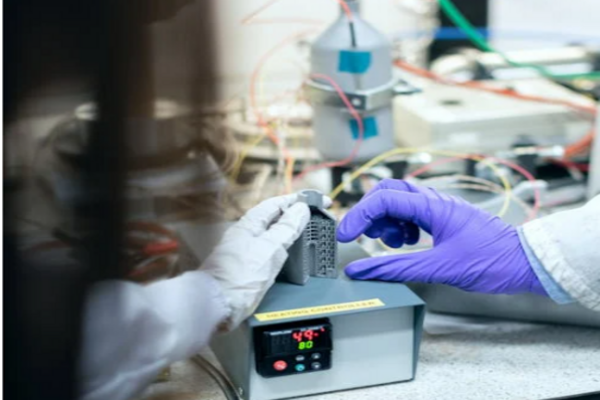Sekisui Chemical, a Japanese materials company, announced plans to begin mass production of lightweight and flexible solar cells. This project will be carried out through a joint venture with the Development Bank of Japan (DBJ), Japan. The total cost of the initiative is 314.5 billion yen (approximately $1.99 billion), with the Japanese government providing subsidies to cover half the expenses.
The new company, named Sekisui Solar Film, is set to launch in early January. It will handle the design, manufacturing, and sales of perovskite solar cells, which are known for being lightweight and adaptable to various surfaces. These cells will be produced under a license from Sekisui Chemical.
In the joint venture, DBJ will hold a 14% stake, while Sekisui Chemical will own the remaining majority. The arrangement is structured to minimize risks associated with potential technology leaks while advancing production capabilities.
Perovskite solar cells are a newer technology that offers advantages such as flexibility, reduced weight, and potential cost savings compared to traditional silicon-based solar cells. This makes them suitable for a wide range of applications, including installation on structures that cannot support heavier solar panels.
This initiative aligns with Japan’s efforts to enhance renewable energy production and reduce carbon emissions. While Sekisui Solar Film focuses on perovskite solar technology, other renewable energy projects are also underway in Japan. These include solar and wind energy installations aimed at diversifying the country’s energy sources and increasing its reliance on clean energy.

